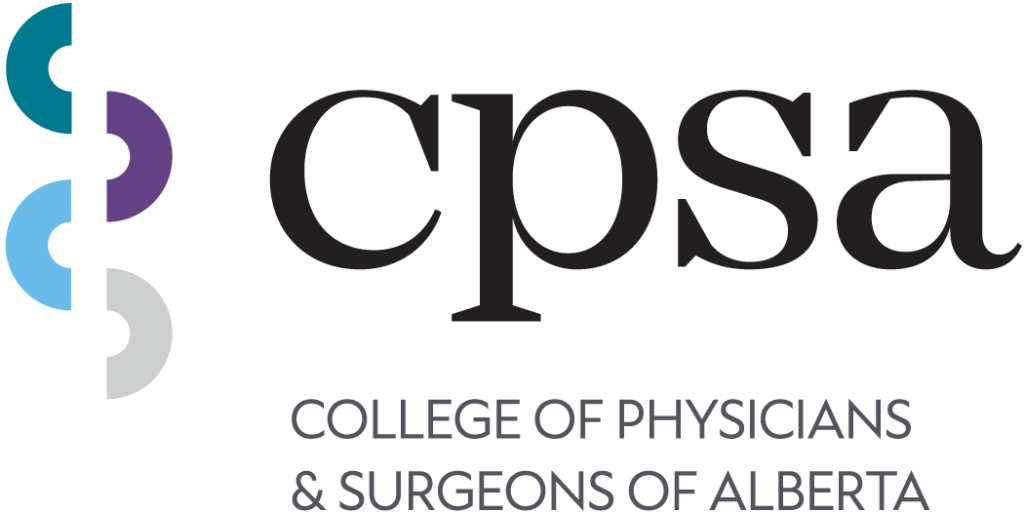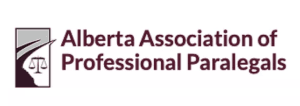The source of Alternative Dispute Resolution information, resources and expertise in Alberta › Forums › Forum: Communications in ADR July 2021 › Extra tips for SER preparation II
- This topic has 0 replies, 1 voice, and was last updated 3 years, 11 months ago by
 Mark Donovan.
Mark Donovan.
-
AuthorPosts
-
-
July 26, 2021 at 6:28 pm #7912
 Mark DonovanParticipant
Mark DonovanParticipantAs you know I continually preach the remarkable value of preparation. In this post I offer additional tips that may be handy as you prepare for your SERs. Note: this post is long and NOT essential for your success in the course! It just provides some resources, so have a look, or not, just as you like : )
I begin with some pertinent quotations:
“The question is, is my orientation based on what I do wrong, or do I focus my cognitive abilities and energies on what I can accomplish skillfully and successfully, what I do that produces happiness? Like you, I can choose whether to develop myself into an expert on my own awkwardness and stupidity and shortcomings, or whether I want to work on what is beneficial for me and makes me happy. Like me, you can make your skills, abilities, and potential the top priority for the dynamics and contents of your program. The result of this approach will be an ability to develop our capabilities into intentionally operable strategies. And not only that: the sole fact that we are directing our interest toward our capabilities and competence means that our mental energy will be drawn in this direction and that our attention will be increasingly easier to focus on the positive side. Positive abilities, programs, and strategies will become more easily accessible.” –Mirko Fryba
“Any time you start a sentence with “I am” you are creating what you are and what you want to be.”
“Where focus goes, energy flows.”
“Your body hears EVERYTHING your mind says.”
These tips for your SER preparation are specifically about self-talk, touching on how it connects to feelings and the Think-Feel-Do loop.
It’s important to know that negative self-talk can also be associated with unpleasant physiological sensations (feelings in the body) that may occur on a scale from very mild to severe. If I tell myself a negative story about what’s going on, my body will “hear” that and respond, as though to a threat, with physiological arousal to fight, flee or freeze. Such feelings might include: elevated heart rate, constriction or tension in the chest or other areas, shallow breathing, accelerated breathing or breath holding, sweating, etc.
These feelings can be doubly unhelpful because in addition to being unpleasant in themselves, they can contribute to a kind of feedback loop that increases stress. Remember the Think-Feel-Do loop. Here’s a possible example:
[Negative self-talk:] “O I can’t do this”—[body’s threat response:] physical tension, sweating—[feedback:] I notice the tension and think, “O wow I’m really tense!” and this self-talk just feeds the fire of stress so that I feel MORE tension. FEELING this way, I’m less likely to DO all the skillful things I intended. The good news is that we have the power, through skillful, positive self-talk to shut down such unhelpful loops or avoid them altogether.
The common theme of these statements is that we are creating our own reality each moment by what we are telling ourselves. This is what’s called self-talk, and in the context of this course (reading for Session 11) refers to the script(s) we use in our own heads. These scripts can be skillful and help us meet our interests, or unskillful and unproductive in terms of us meeting our interests. An example is the difference between thinking, “O, this is too tough for me” or, alternatively, “O, this is challenging but I have the skills to manage it”. The skilled person becomes aware of self-talk and modifies it in positive directions.
Think of your brain as a biocomputer. You are programming its operation with what you tell it. In general, you will be more successful if you take skillful control of your programming than if you don’t. Specifically, there are two keys to skillfully manage your self-talk programming: Awareness and Preparation.
AWARENESS: You likely will have worked through Exercises 35 and 36 by now. There the activity was to become aware of what you perhaps are so often NOT aware: what you are saying to yourself when you are in the grip of the strong emotion of anger. You analyzed that internal script and saw the unproductive, unskillful messages you are giving yourself.
PREPARATION: Then you wrote a new script and thought about how you’d use it in a new situation where you felt anger. You made yourself prepared to be skillful. Certainly, the approach outlined in Exercises 35 and 36 is a resource for you. For any future anticipated difficulties with triggers/strong emotions you can follow this process and write (and practice) a new script. As your SER comes closer you may want to create and practice some new scripts!
Awareness and preparation work together very well. Awareness allows us to notice the character of our self-talk programming and evaluate it…helpful? unhelpful?
If it’s helpful we allow the ‘program’ to run; if unhelpful, we stop the program and substitute a new, better program. From my perspective, letting unskillful programs run makes us like a marionette–with the strings controlled by thoughtless habit and reactivity, old scripts that do not serve our interests. Much better that we become conscious masters of our own strings!
There is another technique of self-talk, not covered in this course, that I’d like to offer you: affirmations. Affirmations are carefully crafted statements that express whatever personal qualities you’d like to have constant access to in your life. On the biocomputer analogy, they are ‘base code’, the fundamental programming we’d like to have, available to you in all situations. Research has shown that affirmations are most effective when they express deep values that are personally important to YOU. They should be stated in the present tense, be brief and specific. Once one has created an appropriate affirmation, the practice is to repeat it to oneself often each day, aloud or silently. Basically whenever your mind is not specifically focused elsewhere, one’s affirmations can be repeated. Thanks to such constant practice, these values also become more available to you in time of need. So here again we have Awareness (of our values) and Preparation (to embody them).
If trying affirmations seems useful to you, it is something you can start to do right now, today.
Let me offer a specific example from my own experience. In my ADR training an instructor took us through an exercise to create affirmations that we felt would help us in our conflict resolution work. After reflection, I came up with this: “I handle all challenges Calmly, Skillfully, Cheerfully and Confidently”. It expressed so much about who I wanted to be and what I wanted to do.
In the years since, I have repeated it many, many times and I feel it has been very beneficial for me. How? First, it has kept some of my key values in the front of my mind. Second, at times when external challenges have been very great and threatened to overwhelm me, it’s popped up as a crucial reminder of the competence I really do have. The insight from Buddhist psychology I may have mentioned in class applies here: “Just remembering our competence is an important part of that competence”.
To make a clear connection to this principle for your upcoming SER, it’s possible that at moments in the role-play you may think, “Gosh, I don’t know what to do next.” The moment you become aware of that self-talk is the moment to take a breath, take a pause and think, “Wait! I do have competence. I PREPARED for this. I HAVE the skills! Which one shall I use now?”
-
-
AuthorPosts
- You must be logged in to reply to this topic.









